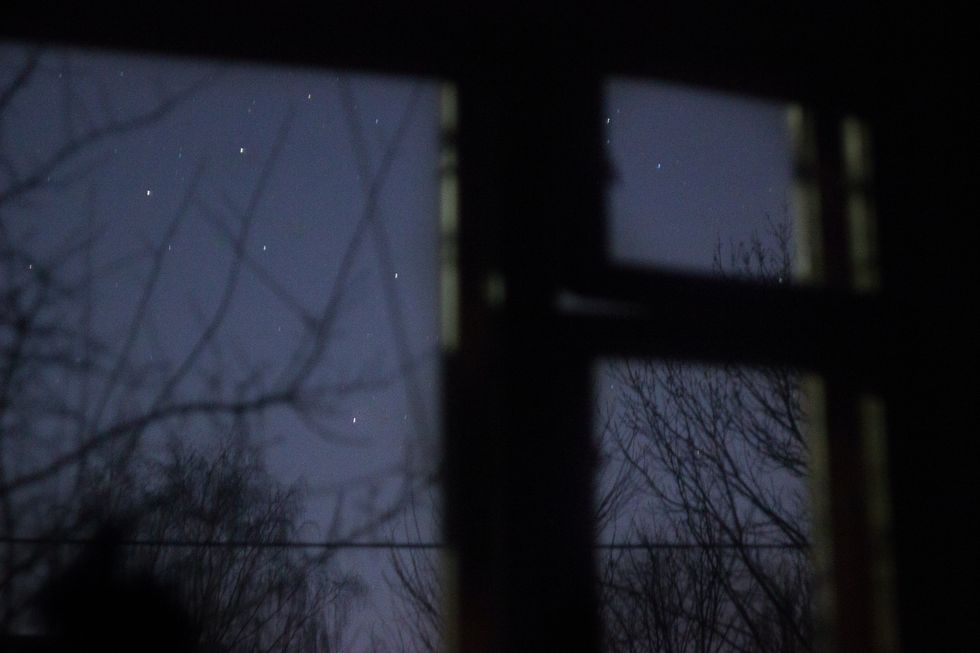Scott Fitzgerald is mostly famous for writing The Great Gatsby. But readers and fans will be surprised to learn that the man was rather unlauded in his own time. In fact, he most often turned to short story writing as a way to support himself and his family, since most of his novels didn't sell all that well while he was living.
One of these stories in Sleeping and Waking. First published in Esquire magazine during the winter of 1934, the story chronicles the adventures of a solitary, insomniac narrator over the span of a single night.
Sometimes insomnia can have biological underpinnings, while other times it can have psychological links to conditions like depression and PTSD. Both Hemingway and Fitzgerald were writing in the aftermath of WWI, their narrators seem wrought by a combination of PTSD and depression.
These are unsurprising. Hemingway joined the war effort in Italy and spent a good portion of time in field hospitals, enough that these experiences likely influenced his choice of narrator and setting. He sustained severe injuries during his time on the battlefield and worked in the Red Cross to recover bodies and treat wounded soldiers. Imagine seeing horrors of burnt and bloodied flesh up close on a daily basis. It's enough to give anyone memories so profoundly disturbing that insomnia seems preferable to reliving them.
Fitzgerald likely wrote his story against the backdrop of both the post-war period and the beginnings of the Great Depression. A known alcoholic, the 1930s saw him suffering an unpropitious decline in his mental health, one that was in tandem with the progression of his wife's own ailments. He did not see active duty or serve in combat, which is reflected in the fact that his story has fewer concrete recollections of war and its cruelties than Hemingway's, and also seems to be taking place in a period sometime after the conflict itself.
These themes also make sense when you look at the broader historical context. The two writers were considered part of the "Lost Generation", a cohort characterized by materialism, disillusionment and emotional disconnect in the aftermath of WWI. It is not unlikely that insomnia was common in this cohort, though they likely did not understand its connections to other mental illnesses (neither depression or PTSD were concepts that existed back then). The narrator mentions alcohol use as a coping mechanism. It is a maladaptive one, but a coping mechanism nonetheless. My theories about his mental illness and distress are further supported by the narrator's mention of night-sweats and luminal, a period-specific anticonvulsant drug that was also used as a tranquilizer/anxiolytic.
Fitzgerald's narrator also has ruminative thought patterns that could reflect underlying anxiety and/or depression (the two are often comorbid), where he catalogues and works himself up about all his perceived failings or social faux pas from the past.
The metaphor of the mouse and mosquito are also of interest. I may be reading meaning where it isn't present, but the fear of being consumed seems common in both. Of being seen and treated as little more than meat, nothing more than uninhabited masses of flesh. On that note, it's often easy to steel oneself and guard one's heart against an amorphous mass of "otherness", to shell the trenches of an unidentified enemy swarm with reckless abandon. It is far more personal to stare into the eyes of another person as you "struggle to the death", triumphing in a final Pyrrhic victory. Pyrrhic, because you are still alive, but at the expense of another person. And with each kill, you lose an infinitesimal but important part of yourself. You may live to see another day, but those stolen hours come at the cost of your sanity and/or humanity.
I based these conclusions on the militaristic language ("sniping" and "retreat") Fitzgerald uses to describe the mosquito's assault on his hand. It really brings to mind that old adage "There is not rest for the wicked". Or at least, there the sweet escape of sleep is denied to those who are being slowly consumed by their own terrible feelings and fears.
To conclude, I think that for all its tragedy, the story ends on a hopeful note. I mean, it ends with a reference to Aurora and the dawn, which are quite blatant symbols of renewal and hope.
Some really good books on the subject of insomnia and sleeping disorders in general are The Nocturnal Brain and Why We Sleep. They are very accessibly written, even if the first one is full of case studies.

















